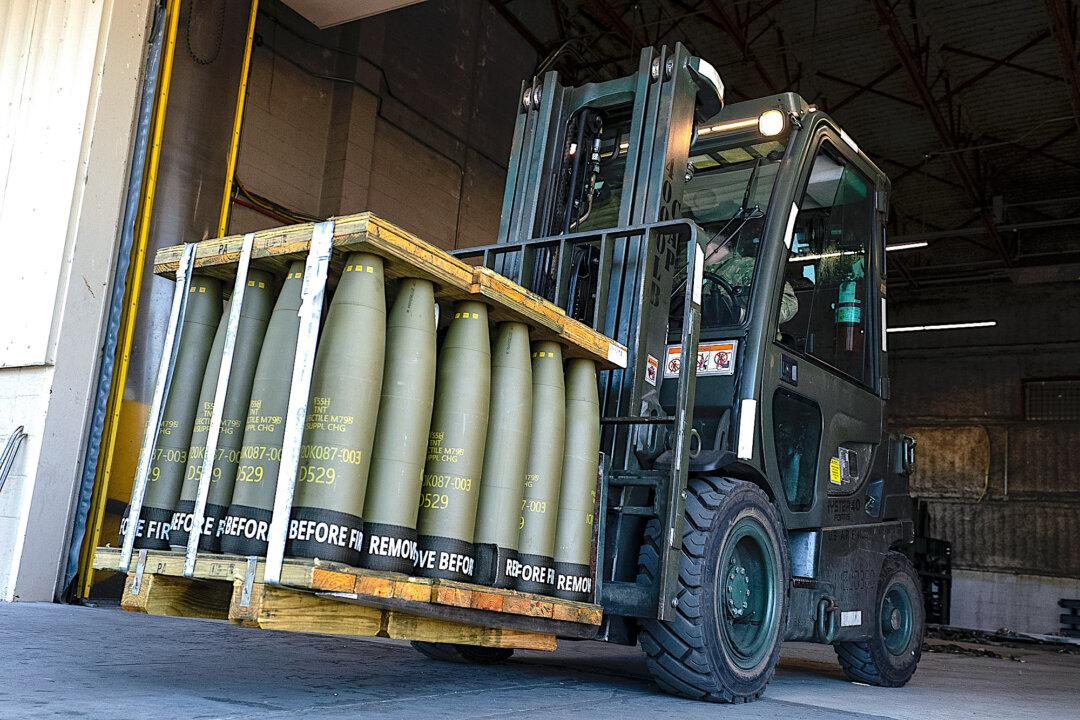House conservatives have stymied proposed supplemental funding packages for Ukraine since the fall. But their justifications for further delays in delivering military aid to Kyiv got little oxygen during an April 17 defense budget hearing before a key appropriations panel.
“With Mr. Putin saying very openly and repeatedly that he wants to restore the old Soviet Union, all of the nation states, in Eastern Europe especially, are looking to us,” House Armed Services Committee Chair Rep. Mike Rogers (R-Ala.) said, referring to the Russian leader’s demands seeking no further NATO expansion, no missiles on Russia’s borders, and a return of NATO operations back to its 1997 borders. “If we fail them, I think it fuels further the belief that Putin will try to succeed in restoring the old Soviet Union.”





